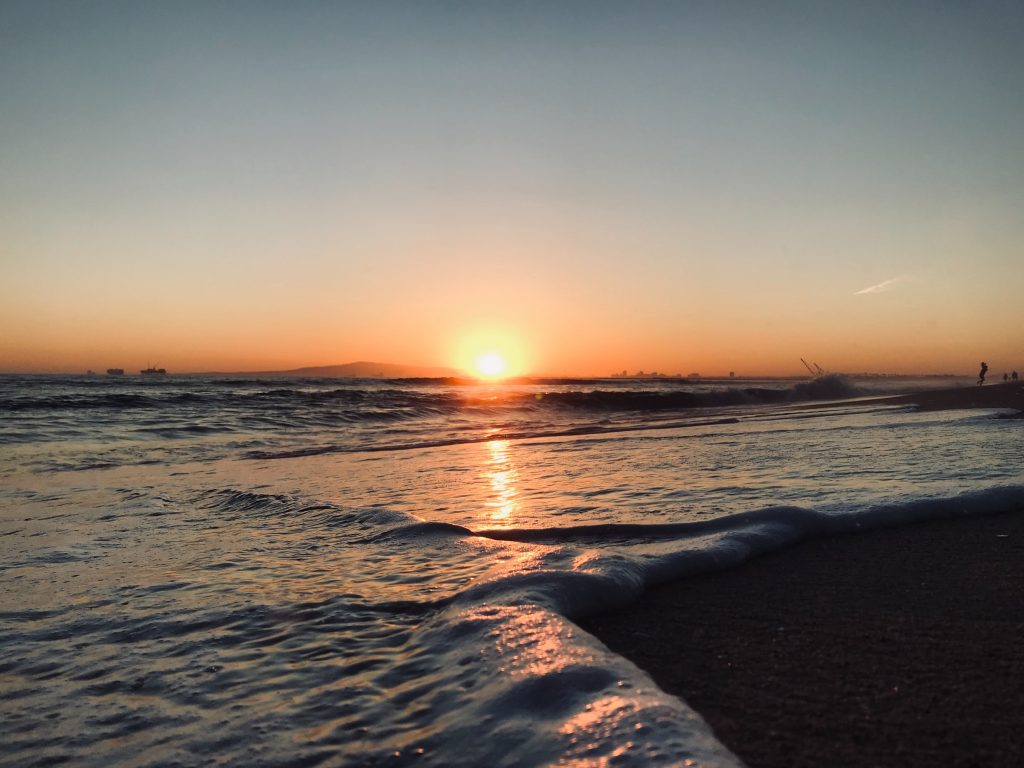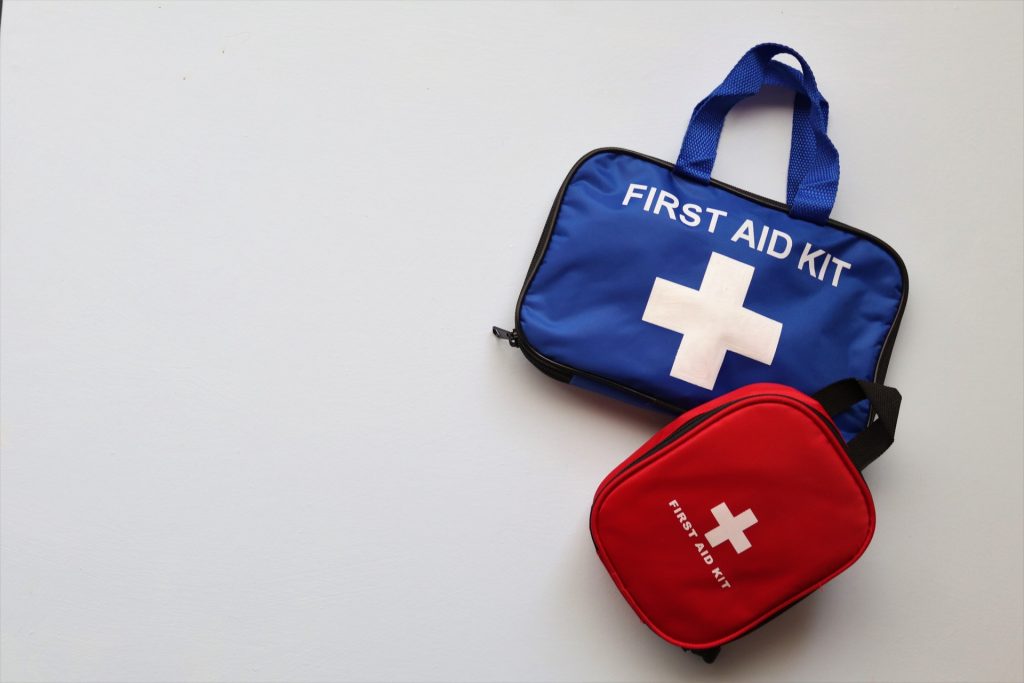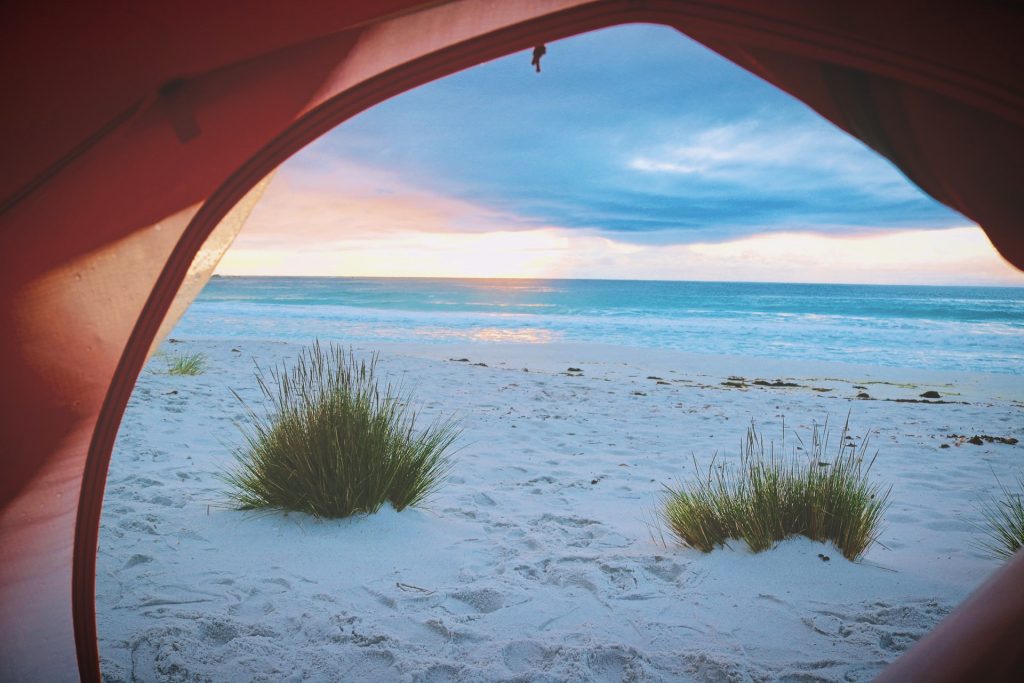During summer (and before the coronavirus pandemic started), people would usually spend their vacation away from their homes. Those who had the travel funds visit wonderful overseas destinations, such as Japan and Australia.
Others go on a road trip with friends and family. Tourists who hit the road typically go camping or enjoy their time relaxing at the beach.
If you love the beach and the idea of camping out in the wilderness, why not try both? Once the pandemic subsides, enjoy the best of both worlds by going beach camping.
Why Go Beach Camping

A camping vacation at the beach can be an amazing experience for you and your friends or family.
Here’s why this vacation plan is a good idea:
Marvel at Instagram-Worthy Sunrises and Sunsets
Since you’re going to be camping out at a beach, you’ll have the opportunity to enjoy and take a picture of the sun as it sets and rises over the water.
Enjoy Eating Fresh Seafood
Camping at the beach means that you won’t have to dine in at fast food joints and tourist trap restaurants. You can catch your own seafood (if you’re allowed to do so) or drive to a local market near your preferred beach. Once you have the fresh ingredients with you, cook them over an open flame and nom on delicious seafood.
Relax to the Crashing Waves
City living can get stressful sometimes. If you’re looking to get away from the noise and bright lights of an urban area, go beach camping and enjoy the relaxing sound of crashing waves.
You won’t have to purchase sound machines and hear waves that lull you to sleep. Instead, go out to the nearest beach, set up camp and allow real ocean or sea waves to be your lullaby. If the weather permits, you get to sleep under a canopy of beautiful and twinkling stars.
Avoid Crowds and Expensive Hotels
A night at a fancy hotel can cost you hundreds of dollars. Instead of booking an expensive staycation, consider making a campsite reservation. This won’t burn a hole in your wallet. What’s more, you can avoid noisy crowds that could ruin your alone time or quality time with friends or family.
Tips When Camping on a Beach

If this is the first time that you’ll be doing this kind of vacation, you’ll need to plan in advance. This way, you can have a better camping experience and end your holiday on a high note.
When planning a beach camping trip, take note of these suggestions:
Create a Beach Camping Checklist
Before you head off to the campsite, bring all the essentials along with handy extras to make your beach vacation convenient, comfortable and fun.
When making your checklist, include the following items:
- Tent along with the accompanying equipment
- Tarp or rain fly to cover the tent in the event of spray from the beach or rain
- Anchors to prevent strong winds from blowing your tent away
- Sleeping gear, including a sleeping bag, blankets and pillows
- Camp tables and chairs
- Waterproof matches
- Multi-Tool or a Swiss Army Knife
- Camping first aid kit (double check the contents of the kit before leaving)
- Lanterns and flashlights
- Extra batteries
- Clean and fresh water (highly recommended if the beach campsite you chose has no easy access to facilities)
- Cooking and stove equipment, including firewood
- Trash bags, so you can adhere to the leave-no-trace rule when camping at the beach
- Shovel and toilet paper (recommended if the campsite has no toilet facilities)
- Sunglasses, sunscreen and hat to protect your eyes, skin and head from the sun’s harsh UV rays
- Extra towels
- Beach umbrella to stay cool
- Personal health and hygiene items, such as maintenance meds, soap, shampoo, toothbrush and toothpaste
- Clothes
- Swimwear (if you’re planning to surf, swim and do other water-related activities at the beach)
Learn the Beach Campsite Rules
Camping isn’t as simple as pitching a tent on your preferred beach. Some beaches are not open to campers. You could pay hefty fines if you ignore this rule.
When selecting a destination, first get in touch with the county or city’s parks and recreation department. Then, ask if your chosen beach allows people to camp on the beach and build a campfire.
Choose a Good Location to Pitch Your Tent
One of the first things that campers do when they arrive at the beach is to find the ideal spot to pitch a tent.
When possible, avoid setting up a shelter in the following areas:
- Under a Palm Tree – Although this offers plenty of shade during the day, you could sustain injury should a coconut fall on your tent.
- On Sand Dunes – Some sand dunes are protected wildlife sanctuaries. You could face a hefty fine if authorities catch you pitching your tent in this area.
- Near a Trash Bin or Garbage Can – These containers stink and attract a lot of pests. What’s more, they attract raccoons that make a racket when they rummage through trash in the middle of the night.
If you’re having difficulty picking a great location for your campsite, choose a spot that lets you anchor your tent more firmly. An example is an area where the sand stops and you begin seeing the grasses.
Once you find a good beach camping area, remember to ask a surfer, a lifeguard or a local to find out how far the tide comes up to the beach. You need to plan on the location’s changing tides. The last thing you want is to wake up in the middle of the night with cold water creeping up your tent.
Beach Camping Spots in the US

Thirty states in the country have a coastline, which means that plenty of people have access to a beach. Given that there are a lot of beach camping spots out there, how can you choose the best ones?
Consider these incredible beaches with accessible campgrounds — perfect for all types of beachgoers:
Apostle Islands (Lake Superior, Wisconsin)
Camping is available in 19 out of the 21 islands in this place. If you prefer a more secluded beach camping experience, 16 islands offer backcountry camping options. Fees for setting up camp start at $15 a night ($30 for groups) plus a camping reservation fee of $10.
Hunting Island State Park (Hunting Island, South Carolina)
You can find this breathtaking campground between the idyllic cities of Savannah and Charleston. The beach in Hunting Island provides a secluded and tranquil getaway for you, your pals or your pet. Plus, you’ll have plenty of things to do after you’ve settled in, including crabbing, fishing and strolling. Primitive group camping fees range from $11 to $13.50 a night.
Horseneck Beach State Reservation (Westport, Massachusetts)
This two-mile beach features 100 different campsites to choose from, plenty of windsurfing opportunities and beautiful roses growing wild. Rates start at $22 per night for Massachusetts residents (non-residents will have to pay $70 a night).
Bird Island Basin (Padre Island National Seashore, Texas)
Kayakers and windsurfers can find some paradise on this campground. This spot is also for people to love to observe the birdlife.
Camp fees are $8 ($4 for seniors). Take note that you can only do dry camping here, which means no running water or electricity.
Kalaloch Campground, Olympic National Park (Washington)
This is a highly popular beach campground in the state of Washington. The rocky terrain serves as a home to bald eagles, whales and gulls. Rates are usually between $14 and $30 per night.
Beach camping is a fantastic way to spend time in the beautiful outdoors, enjoy the sun and the sea and appreciate what nature has to offer. There’s a lot of activities you can do, including spending your time surfing, dining on the fresh catch of the day and sipping your favorite adult beverage outdoors. If you plan to do this activity one day, refer back to this guide, so you make your next beach camping trip a roaring success.

